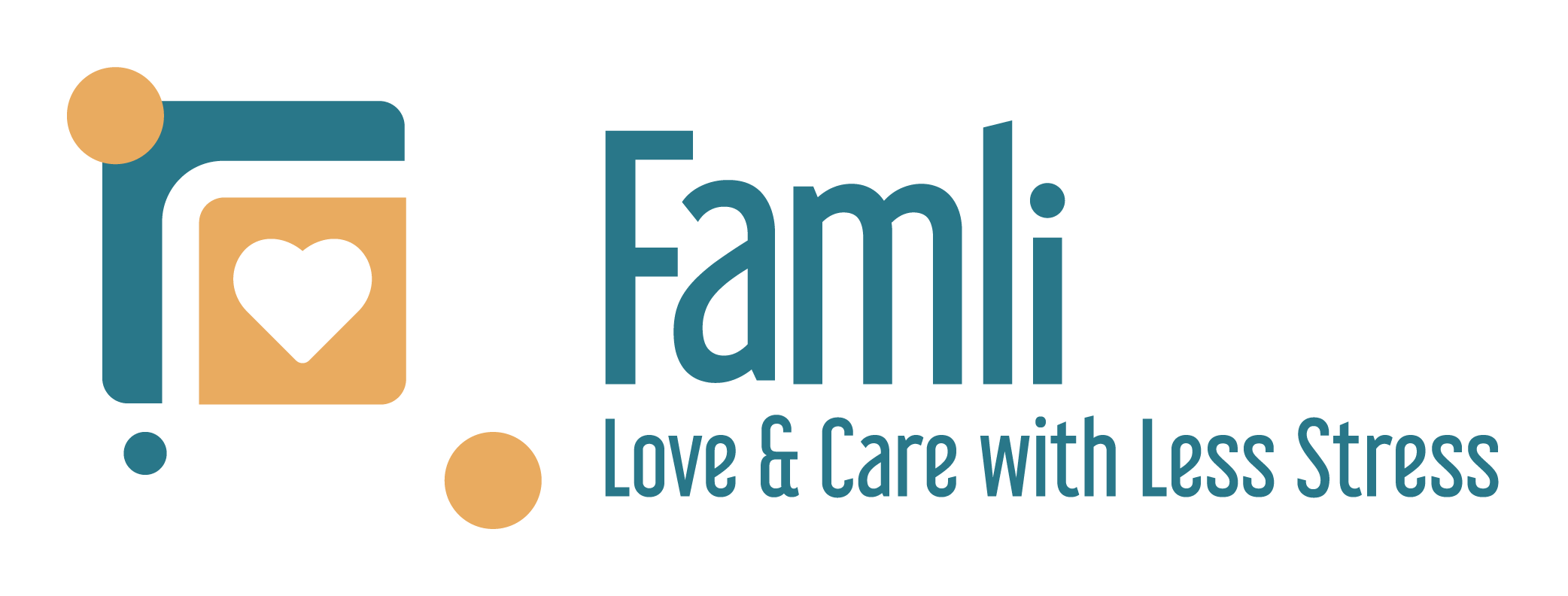
Ease Stress Now!
App Sign UpEase Stress Now!
App Sign UpBeing a caregiver is a demanding role. It requires compassion, patience, and the ability to make sound decisions about the care of a loved one. One critical area where caregivers need to make informed choices is healthcare. As a caregiver, taking your loved one to the doctor for the first time can be a daunting task. A lot of information needs to be relayed, and you may have to make significant decisions quickly. To help you along, we have created a checklist for your first doctor visit as a caregiver. Following these guidelines will enable you to provide the best possible care for your loved one.
Before your first doctor visit as a caregiver, ensure you have all the necessary documentation. This includes your loved one’s medical history, insurance information, medications, and a list of medical specialists who have previously seen your loved one. This documentation will help the physician understand your loved one’s medical history and make informed decisions going forward.
Jot down any questions or concerns you may have before heading to the visit. Questions can range from their daily routine, sleeping habits, and eating habits to general health concerns like persistent coughing, weight loss, and inflammation. Taking note of these will help you remember any pressing concerns or significant changes that have occurred since the last appointment.
Ask the physician about follow-up visits and when they should occur. Assessing specific times for future appointments ensures your loved one receives a consistent level of care. Having a set check-up period can also make it easier to manage their daily routine.
Some medical conditions require ongoing management plans. During the first appointment, ask the physician about the care plan and the role your loved one can and should play in managing their condition. The plan should include a routine and prescribe treatment or medication to address their medical needs effectively.
As a caregiver, have an emergency plan in place in case of an emergency. Ensuring that there is a plan in place will help prevent panic in urgent situations. Discuss the plan at the medical visit with your loved one and the physician. Knowing what to do in an emergency could make all the difference.
Being a caregiver is a demanding but rewarding role. Proper planning before the visit can help you prepare for the first visit with a doctor. As dedicated caregivers, you should have all the necessary information ready, understand what to expect from the doctor, advocate for your loved one, and help them manage their medical condition effectively. Preparation is key, and following the above guidelines could lead you and your loved one to receive the care and support they need. Remember, the primary goal is to ensure your loved one’s mental, physical, and emotional health is at optimal levels.
FamliCare is committed to protecting and respecting your privacy. Agreeing to receive our monthly newsletter is consent to receive email about our products and services. For information on how to unsubscribe from emails, our privacy practices, and how we protect your information click here